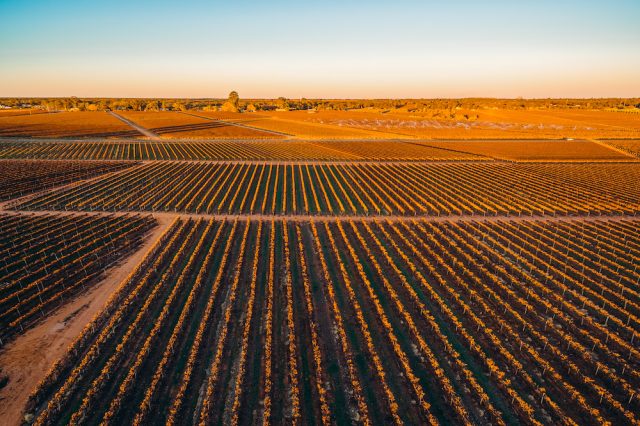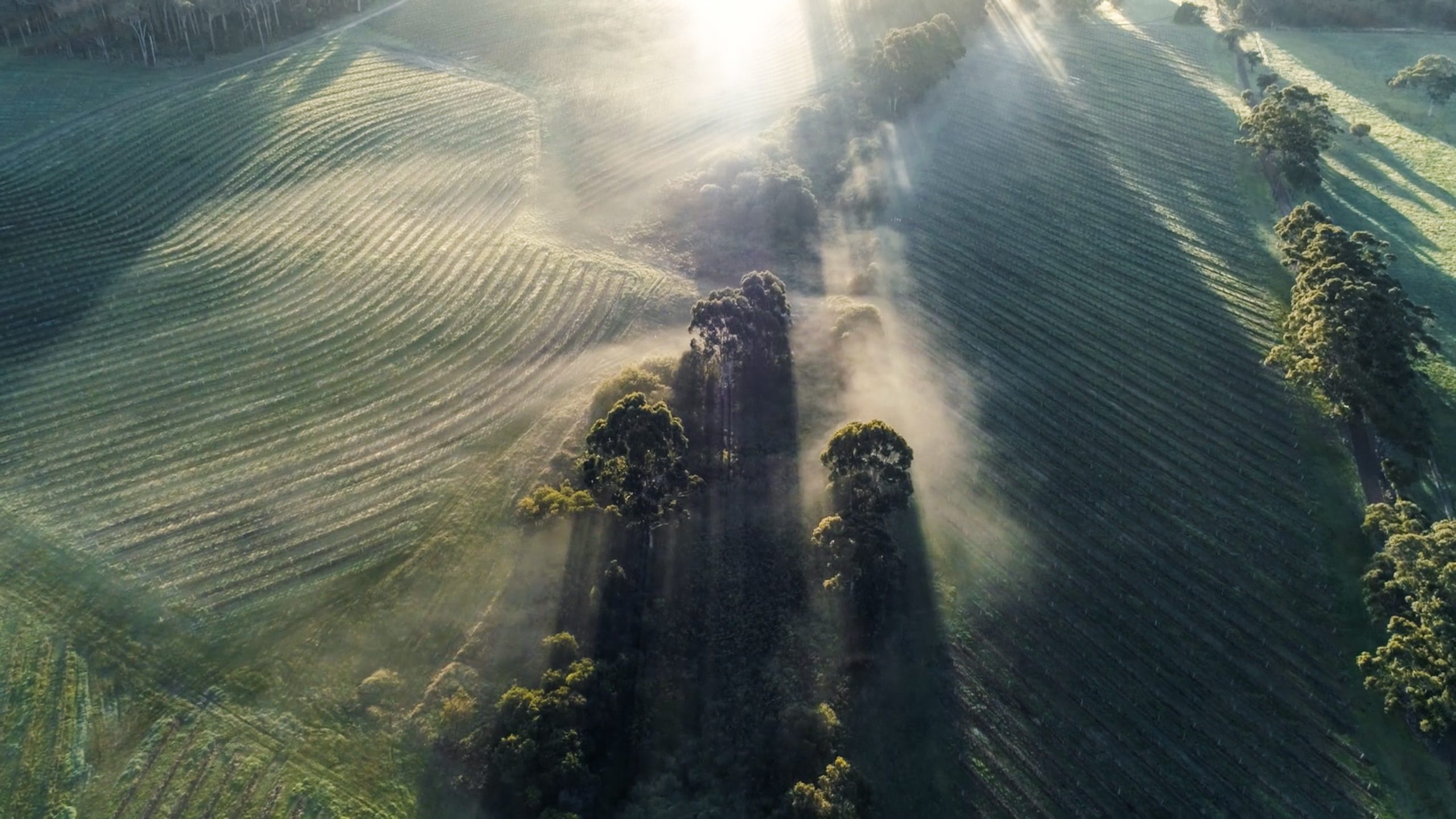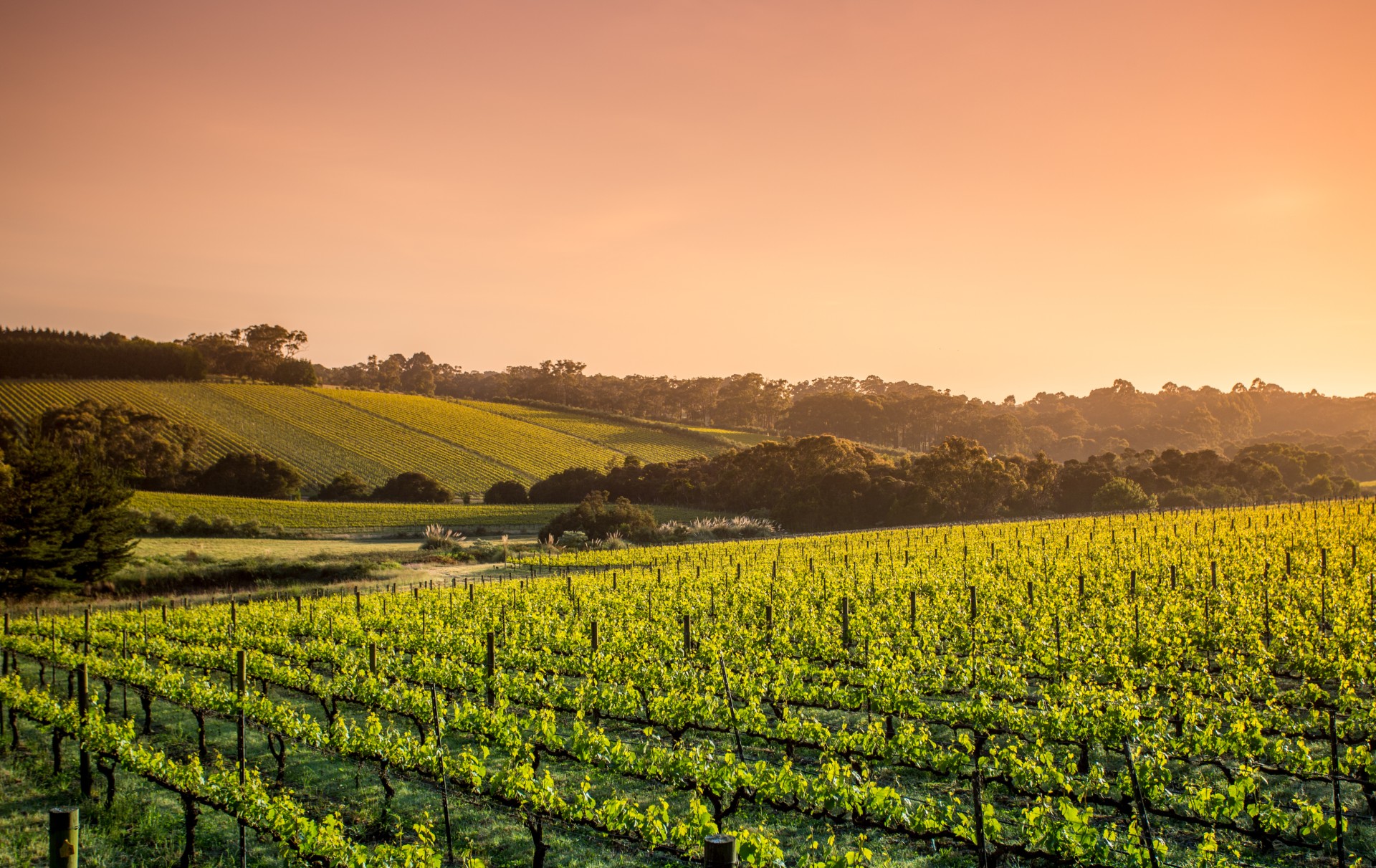Accolade makes offer to end grape glut
Accolade Wines is aiming to end the crisis in South Australia’s Riverland by offering to buy out grape supply contracts to arrest the oversupply.

The company, which is the country’s second largest wine firm, has made the offer to the CCW co-operative of grape growers that is made up of 530 members.
Red wine grapes have been supplied by the co-operative for more than three decades under a long-running contract with Accolade. But the new offer would mean it only has to buy around 80% of the current volume, or around 150,000 tonnes of grapes.
The fresh ten year proposal was put to growers last week, and will see Accolade buy-out CCW red wine contracts for AU$4,000 per hectare, for those grape growers who are looking to leave the sector.
A decision will be made by the co-operative on the new contract at a meeting next month, it said.
Meeting
It follows a meeting between grape growers and Accolade earlier this year, where it reiterated that it was only required to purchase grapes that met “reasonable commercial requirements as to quantity, variety and quality” under its current contract.
In addition, it also told growers in February that it “does not accept” it must pay the same rate for those grapes above Accolade’s reasonable commercial requirement to quantity, and would offer “materially different (nominal) prices”.
Accolade’s chief executive Robert Foye said there was a mismatch between supply and demand, stating it “simply isn’t sustainable” to continue without responding to the current crisis.
The news comes as across South Australia grape growers were being offered rates as low as AU$120 a tonne (£62) despite the costs of production being more than double this amount.
Partner Content
Dignified exit
Riverland Wine group organised an assembly of 900 growers at the request of the South Australian Government to understand concerns in February, with the meeting showing growers wanted more than just financial aid and a “dignified exit” from winegrowing.
It said that farmers had called for not just immediate relief that was necessary but also to “facilitate a transition out of an industry” that had become “unsustainable”.
Riverland grape growers had even taken to the town of Renmark too with their agricultural vehicles to express their concerns for the future of the region’s wine industry.
The protest was organised by third-generation grape grower Sava Giahgias, who is worried that grape growing is becoming increasingly unsustainable and may lead to a “collapse” of viticulture, and the livelihoods that depend on it: “This is what I love doing and I want to keep doing it, but at these prices we can’t keep doing it.”
“The Riverland is going to collapse if this is not happening,” Giahgias argued to ABC News. “Us farmers are the Riverland. We are the food bowl.”
Moratorium
Last month, growers in Riverlandcalled for a moratorium on planting vines in an effort to stop the oversupply of grapes, as one of a number of potential solutions to the crisis in overproduction, which has led to low level prices for grapes. In some cases, it has even hitting payment levels last seen in the 1970s.
Although other wine-producing areas in the country have also been hit by an oversupply, the Riverland area in South Australia has been hardest hit, after years of warnings about the potential for overproduction from grape growers.
Former wine industry leader Paul Clancy told ABC News that he had been aware of oversupply as far back as 2004, and that producers had thought the “never-ending export and domestic boom would last”. But he said “nothing lasts forever”.
Related news
How winemakers in Victoria are adapting to changing Chinese tastes




